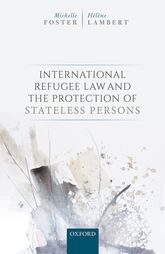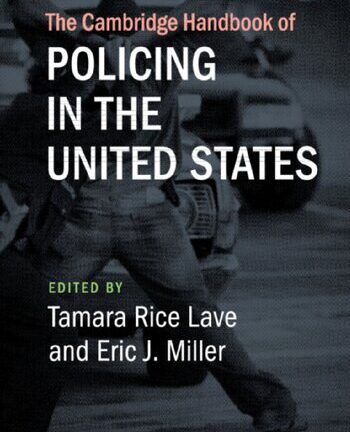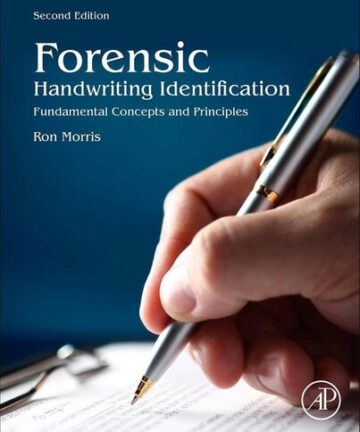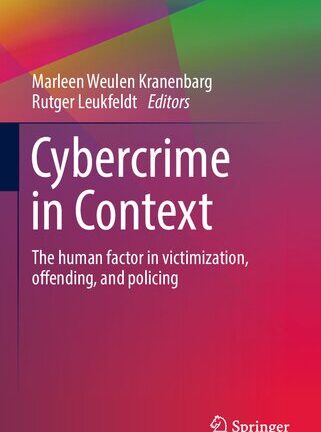Description
| This book addresses a critical gap in existing scholarship by examining statelessness through the prism of international refugee law, in particular by examining the extent to which the 1951 Refugee Convention protects de jure stateless persons. It responds to the need for a coherent and inclusive legal framework to address the plight of stateless individuals who fear persecution. The central hypothesis of this book is that the capacity and potential of the 1951 Refugee Convention to protect stateless persons has been inadequately developed and understood. This is particularly so when we consider the significant transformation that has occurred over the past sixty years in delimiting state discretion in matters of nationality, including in relation to the acquisition and deprivation of nationality, and the treatment of non-nationals. While it may once have been correct to assume that matters of nationality were largely outside the realm of international law, the advent of international human rights law in particular has limited state sovereignty in this respect. Accordingly, whether a stateless person is also a refugee potentially admits of a very different answer in light of modern international human rights law as compared to 1951. |






Reviews
There are no reviews yet.